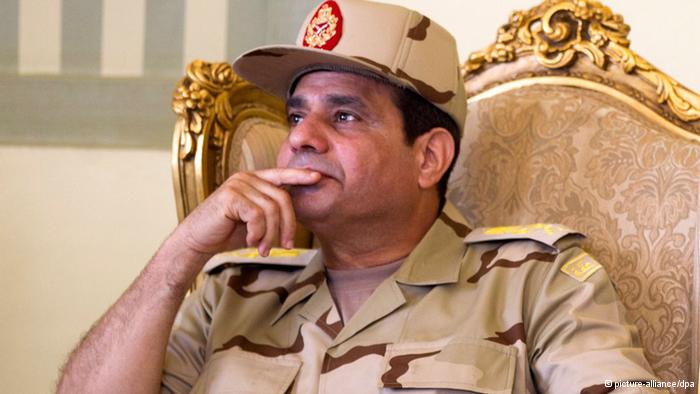Egypt’s draft constitution, which has been approved for a referendum, would consolidate the power of the military, which had promised a "democratic transition" when it ousted Muslim Brotherhood president Mohammad Mursi.
 Egypt's draft constitution, which has been approved for a referendum, would consolidate the power of the military, which had promised a "democratic transition" when it ousted Muslim Brotherhood president Mohammad Mursi.
Egypt's draft constitution, which has been approved for a referendum, would consolidate the power of the military, which had promised a "democratic transition" when it ousted Muslim Brotherhood president Mohammad Mursi.
The document has raised fears among Islamists and secular activists alike of a return to a police state less than three years after Hosni Mubarak, an air force commander who went on to rule Egypt for 30 years, was toppled by Tamarrod (rebillion) protests.
Since a group of mid-level army officers overthrew the monarchy in 1952, the military has supplied all of Egypt's leaders except Mursi and has maintained extensive privileges, including a budget beyond civilian scrutiny and the power to try civilians.
The draft constitution "confirms the domination of the military," said Mustafa Kamel al-Sayyed, a political science professor at Cairo University, adding that an article retaining military trials for civilians "violates all democratic standards".
The new constitution explicitly states that civilians cannot be tried by military tribunals unless they carry out "direct attacks" on the armed forces, but critics fear the provision could be expansively interpreted to apply to journalists, protesters and dissidents.
In addition to allowing military tribunals for civilians, the draft constitution keeps the military budget beyond civilian scrutiny and allows the military to appoint the defense minister, raising concerns that it will effectively exist outside the civilian government.
"The military has managed to retain total autonomy," said James Dorsey, a Middle East specialist at the S. Rajaratnam School of International Studies in Singapore.
In addition to enjoying legal immunity, the military would be able to maintain its vast economic and commercial interests, he added.